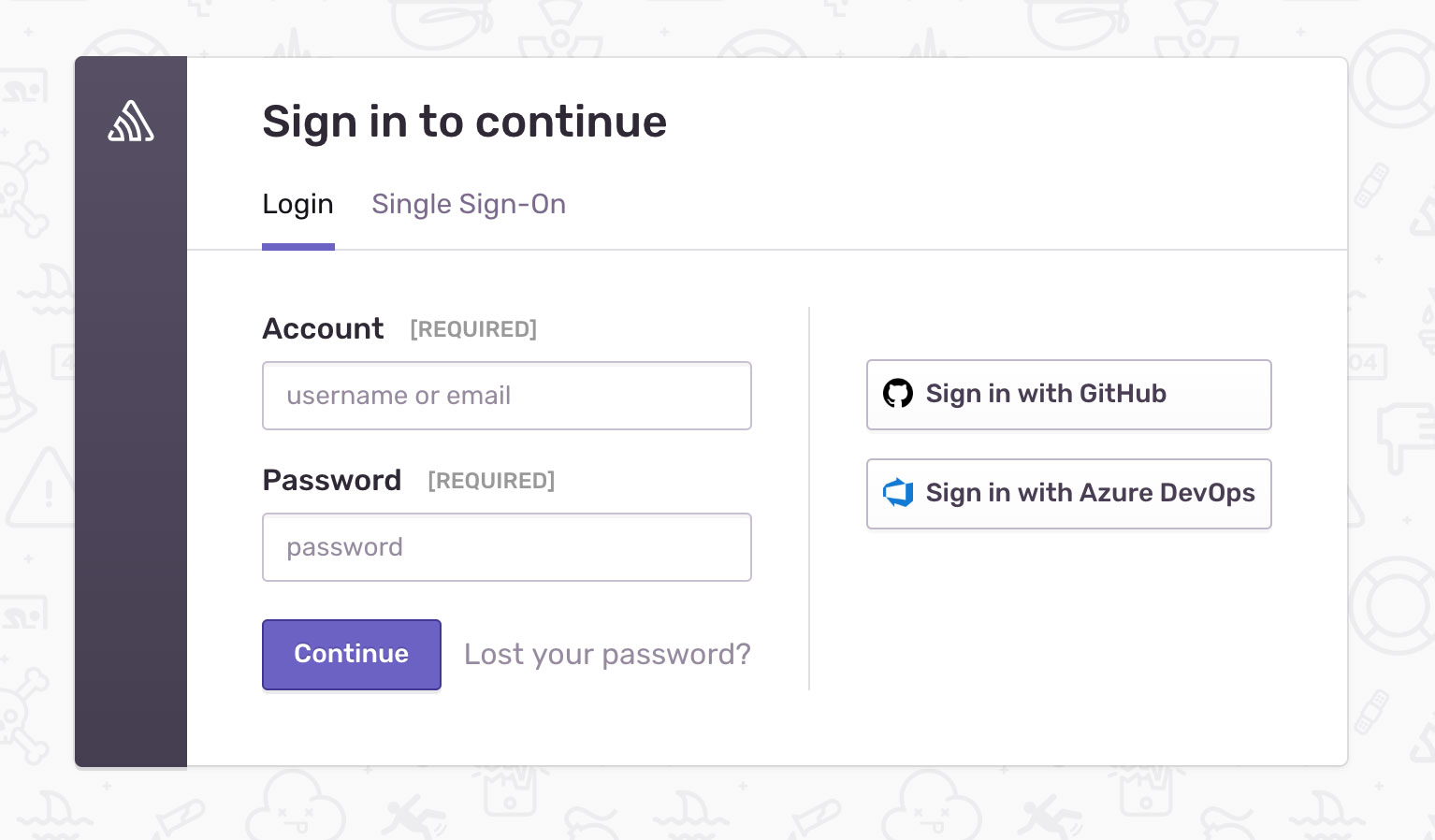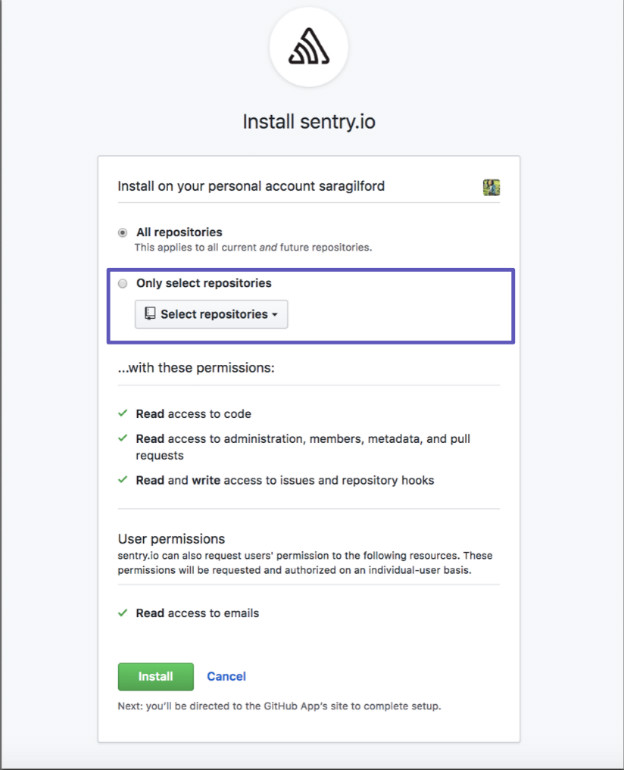12 Days of Partners — GitHub

It’s that time of year again… The leaves have fallen from the trees, every department store is playing “All I Want for Christmas is You” on a loop, and I can finally justify wearing that hand-knit beanie I bought on Etsy (even though I live in California and wear it almost every single day anyway).
To celebrate, Sentry is highlighting twelve of our many partners with an ornament hung with care each day on our festive Sen-Tree. We hope you return every day to enjoy these GIFs with your holiday feast, egg nog, Manischewitz, pour-over artisan coffee, or pour-under artisan coffee.
Over the ages, humankind has pushed code through a rich variety of methods. For example, engineers among early hominids used a series of grunts and punches to make updates to the very first fires (most of which were written in a precursor to C. I believe they called it BC).
Even with the foggy distance of history, what these cave folk did is not all too far removed from the much more modern (and awesome) lasso tricks Old West engineers performed to release the code needed to properly dig a well. Nor is it all that far removed, for that matter, from using a kind of digital typewriter connected to what is essentially an intelligent television set to release JavaScript updates that allow customers to purchase novelty Star Wars glassware from your website.
In our modern world, more code is pushed through GitHub than through any other system. And as the most widely used source code management and error monitoring solutions, GitHub and Sentry work together to help developers improve their code and their productivity. In other words, GitHub is great. Sentry is also great. Together, GitHub and Sentry are super great.
And that’s why our second featured partner is GitHub.
Because GitHub is great (as we’ve already established), you might already use it. Even if you don’t, you surely know Octocat, GitHub’s lovable and extremely recognizable mascot (brought to prominence by Sentry’s very own Creative Director).
Sentry is an open source project maintained via GitHub. As we strive to uphold the principles of open source, we want to ensure that the barrier to entry for external contributions is minimal. By using GitHub features when possible, we make it easy for developers familiar with other projects on GitHub. You’re welcome to use this handy guide whenever you’d like to contribute.
Since, like us, many Sentry users rely on GitHub, it only makes sense to optimize the way GitHub works with Sentry. With the newest Sentry integration release, GitHub and Sentry users benefit from easier sign-on and organization-wide setup improvements that allow for quicker access to your account as well as more efficiency in your setup and workflow.
What’s especially exciting for GitHub users is new permissioning. Before, Sentry required access to all your private repos, even the ones you didn’t use with Sentry. But now, you can pick and choose what repos you want Sentry to access.
And for the first time, GitHub Enterprise users can also take advantage of these useful integration features. Read all about the updated integration and see it in action here. Then, get started by installing the Sentry GitHub app. You’ll be glad you did.
Learn more about some of Sentry’s other various partners and integrations on our aptly named Integrations page.

